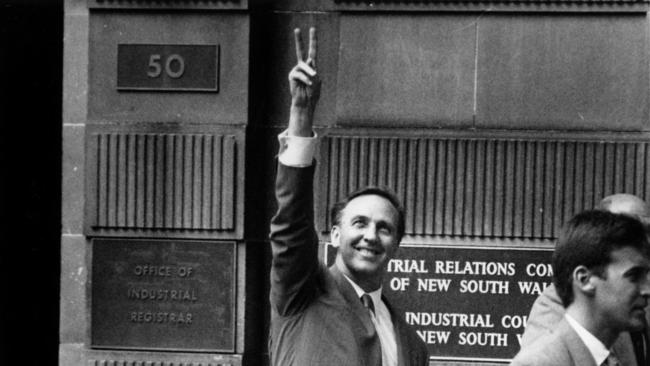
The March 1993 election was the last great ideological contest between the major parties that offered two starkly different visions of the nation’s future.
Liberal leader John Hewson’s Fightback! manifesto represented a radical reconstruction of Australia compared to Keating’s “big picture” vision of a confident, outward-looking, modern, equitable, aspirational Australia.
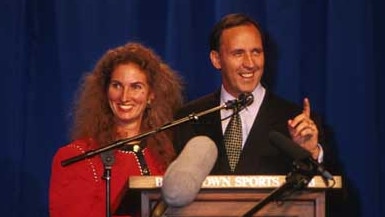
Fightback! weighed in at 600 pages. It is remembered for the 15 per cent GST but its zealotry stretched across the board: ending GP bulk billing for all but pensioners and healthcare card holders; reducing welfare payments for the poor and unemployed; abolishing workplace awards, and; slashing spending by $10bn.
Keating defended the economic reforms he delivered as treasurer and urged voters not to retreat from elemental Australian “beliefs” and “institutions”. He lashed the GST and promised to strengthen the economic recovery, increase wages and targeted welfare support, extend superannuation and invest in education, training and childcare. And he promised a republic referendum.
Polls and pundits pointed to a Coalition win. The key to Labor’s success was Keating’s relentless campaigning about the ideological choice facing voters. Labor and Liberal polling showed the GST was a critical factor but so were fears about Medicare and workplace conditions. Hewson told me it was Medicare, not the GST, that killed his campaign.
The result gifted Keating three more years as prime minister. His leadership challenge to Bob Hawke had been validated; his mandate refreshed. He is the last Labor prime minister to serve a full term. Indeed, he served longer than the last three Liberal (Tony Abbott, Malcolm Turnbull and Scott Morrison) and two Labor (Kevin Rudd and Julia Gillard) prime ministers.
Today, no former prime minister is more sought after by both sides of politics for their counsel. Inside Labor, Keating is revered like no other former leader even though his criticisms can sting. Indeed, his condemnation of AUKUS will only intensify.
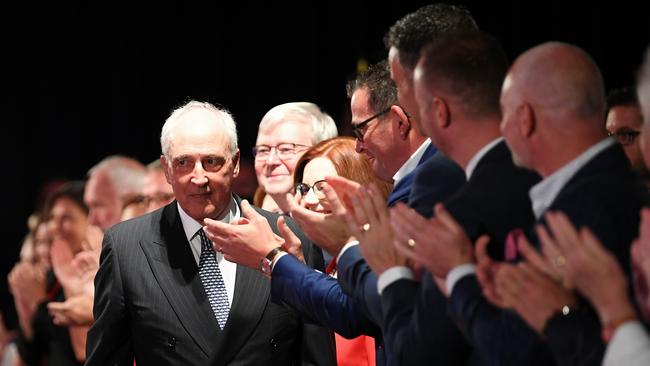
Keating has consulted with Anthony Albanese, Richard Marles, Jim Chalmers and other senior ministers about a range of issues since Labor returned to government. He spoke to Albanese at Kirribilli House before he met Xi Jinping at the G20 summit. He has been briefed on AUKUS by Marles. He had several conversations with Chalmers about his essay on capitalism in The Monthly.
Other ministers have been to his office to talk policy and ask his opinion. Keating also offers unprompted guidance, via phone, email and text message. MPs respect it even if they do not always agree. In the lead-up to the last election, Keating pushed Labor to make increasing wages and stronger action on climate change major policy commitments.
Dominic Perrottet regards Keating as a mentor. The former Labor prime minister has praised the Liberal Premier for his policy bravery and said the state was lucky to have him. Keating also had a good relationship with Mike Baird, and they worked together on Barangaroo. When the headland park opened, Baird praised Keating as a visionary. Other state and federal Liberals have had meetings with Keating.
This new generation came of age admiring Keating as the reforming treasurer and visionary prime minister. He was courageous and relentless. He had style, presence, authority. They recite his withering attacks in question time. They recall his Redfern Park speech on reconciliation and eulogy for the Unknown Soldier as high points in political oratory. They frame the 1993 Rolling Stone cover with Keating peering over Ray-Ban sunglasses and hang it on their office wall.
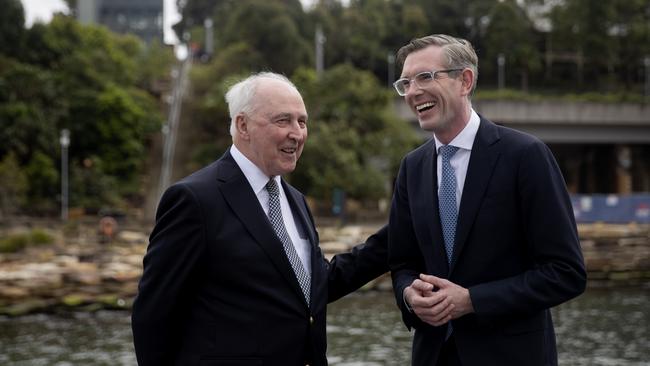
As treasurer, Keating was the principal architect of the modern economy. There is also appreciation for his prime ministerial legacy: compulsory superannuation, which created $3.4 trillion in national savings; enterprise bargaining, which turbocharged productivity; national competition policy, which energised growth; trade liberalisation, which made companies more efficient, and; initiating mutual obligation in welfare.
Others are inspired by the strands of his “big picture” agenda: advocating an Australian republic and presenting a model to parliament; negotiating passage of the Native Title Act in response to the High Court’s Mabo judgment; his shuttle diplomacy in creating the APEC leaders meeting; forging a security agreement with Indonesia, and; investing in the arts and culture with his Creative Nation statement.
His public advocacy is less frequent than his private counsel but when he does intervene in national debates, he does so with originality, insight and invective that cuts through.
He carefully chooses issues and opportunities; he is not a dial-a-quote former politician. The flip side, as ever, to his often acerbic approach is perceived arrogance. But Keating never courted popularity.
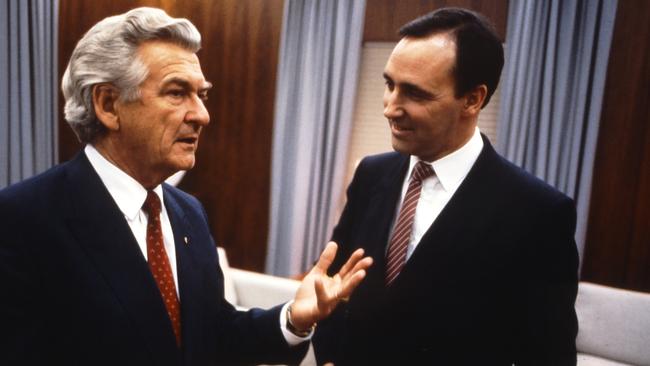
Still in the arena, Keating led the campaign to ensure the superannuation guarantee increase to 12 per cent was not abandoned. In his strident opposition to AUKUS, he raises valid questions about strategic priorities, regional impact, cost, capacity, effectiveness and sovereignty. While not everyone would agree, we should welcome this contribution to public debate especially given the two-party, institutional and media support.
When Keating stood on the stage of the Bankstown Sports Club and claimed “the sweetest victory of all”, it was vindication for a particular vision for Australia. The “true believers” had kept faith with his government and agenda. For many, it was a thrilling and exciting time. And now, 30 years later, Keating has new legions of believers in his big-picture approach to politics.
Troy Bramston is the author of Paul Keating: The Big-Picture Leader (Scribe)



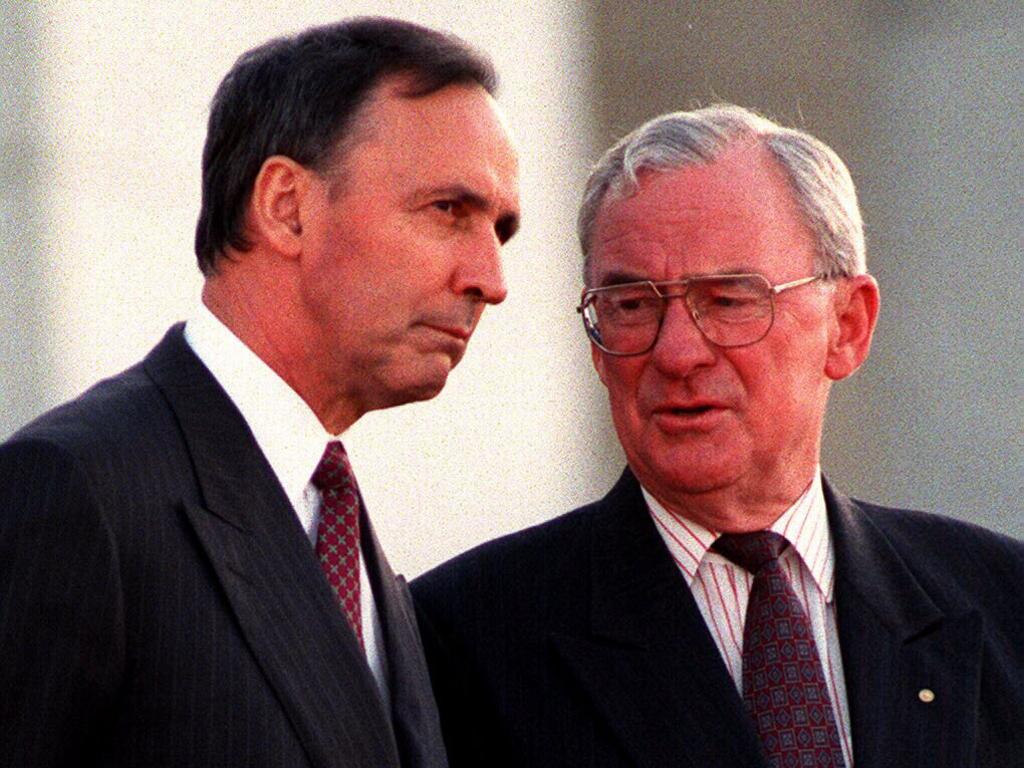
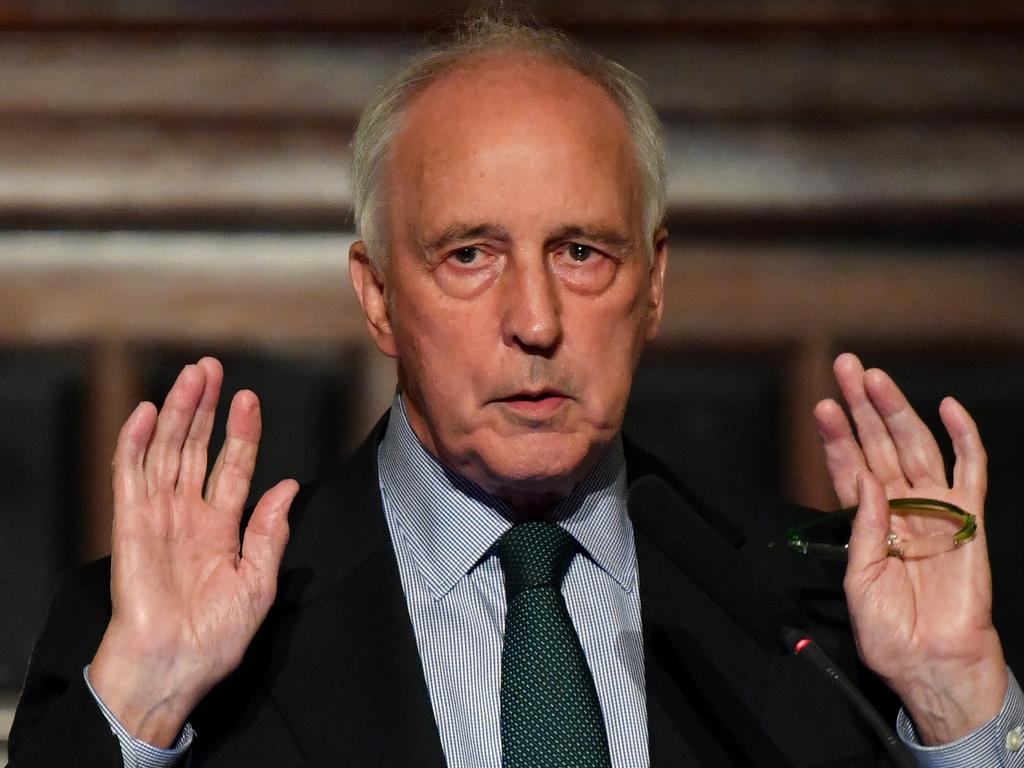
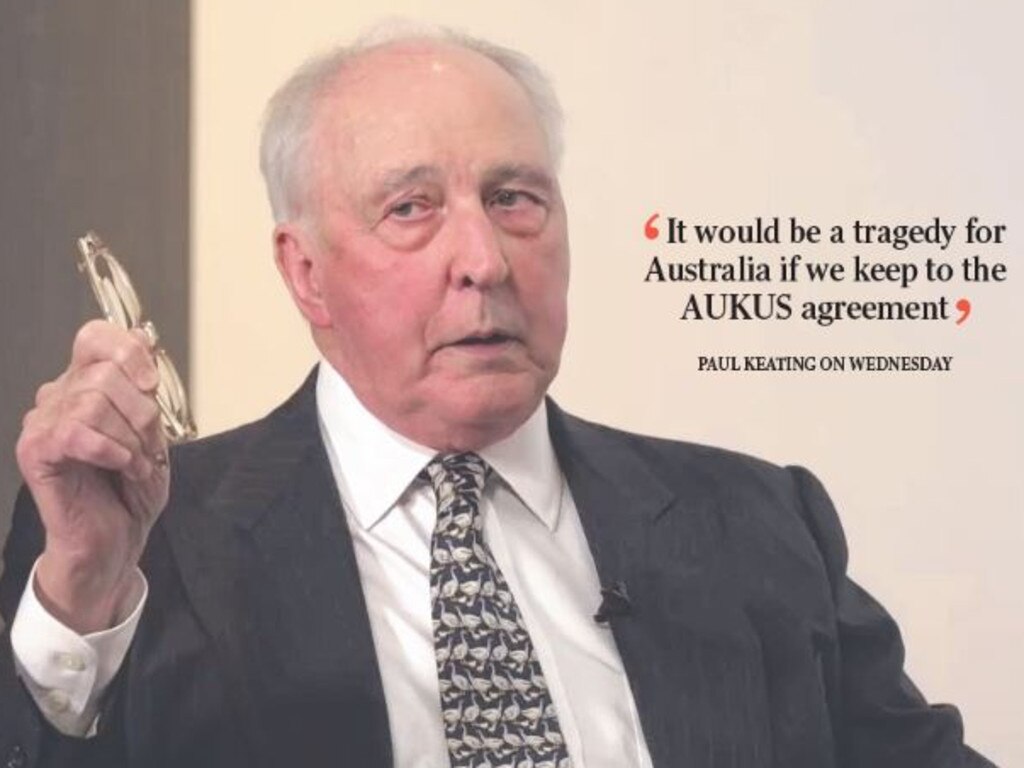


When Paul Keating led Labor to victory 30 years ago this week, he achieved an accolade denied to every other prime minister in the past 65 years: a fifth election win in a row. He not only won the so-called unwinnable election, he also increased Labor’s primary vote and seat tally. It was a triumph against the odds that had fundamental consequences for Australia.